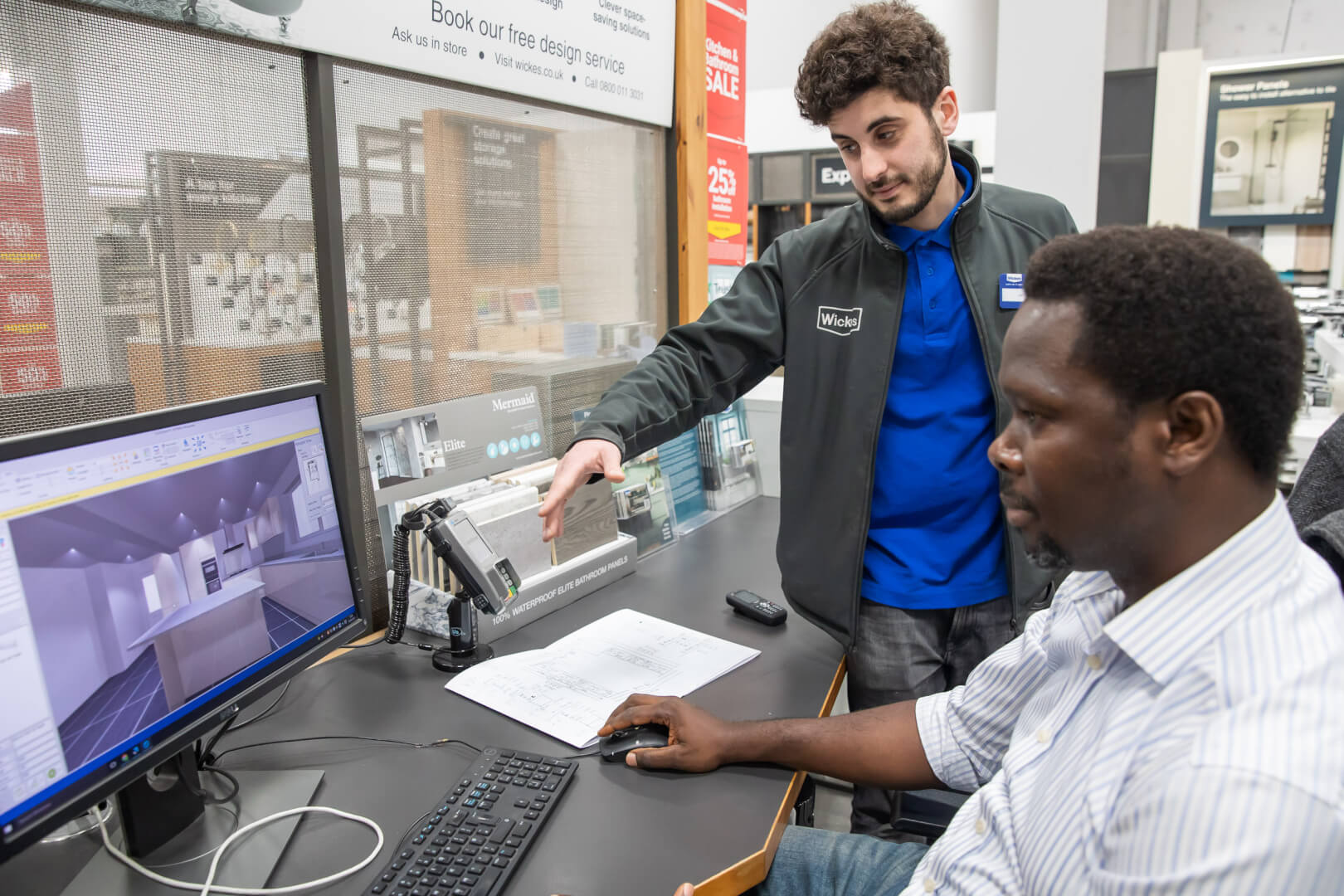
My Plan
Developing your own career plan is an important step in taking charge of your professional life and achieving your long-term career goals.
We want you to own your development, so here a few things you might want to think about.

Why is having a career plan so important?
Knowing the direction of your career will not only give you a clear objective it will also help you make more informed decisions about your future. It will increase your motivation to achieve your goals, identify areas for growth and, with each achievement, give you a greater sense of satisfaction.

Manageable goals
Having a series of smaller, manageable goals is an effective way to achieve your career goal. It helps you stay motivated, track progress, focus on specific objectives, build confidence, and ultimately, move closer to realising your long-term career aspirations.
In the coaching section we use the GROW model which shows how to establish your goal, the current reality, your options and the will to reach your goal.
Use this model to understand what steps you need to take to reach your goal and then take them one step at a time.
There is a range of goal setting techniques available in our planning tools section.

Snippet Heading
Who am I?
Review
Networking

Who am I?
Self-awareness is critical to career development because it helps you identify your strengths and weaknesses, set realistic goals, improve decision-making, adapt to change, and build better relationships with others. There are self awareness tools available to you in our Development Resources page, using these will help you gain important insight into your strengths and opportunities.

Review
Regular reviews are an important part of career development. They provide feedback, help with goal setting, identify development opportunities, recognise achievements, and aid in career planning. By embracing regular reviews, you can take control of your professional development and work towards achieving your long-term career aspirations. Take control and book regular reviews with your line manager.

Networking
Networking is an essential part of career development. It helps you access new opportunities, gain knowledge and support, pursue professional development, and increase your visibility within your industry. By building and maintaining strong professional relationships, you can achieve your career goals and stay ahead of the curve. Not everyone finds networking easy and sometimes it is hard to know where to start, you can find support in the Planning Tools section.
Sponsors and Mentors
View all
-
What's the difference?
- A mentor provides guidance and support for personal and professional growth, while a sponsor advocates for career advancement and creates opportunities for career development within an organisation. Both roles are important for career development, and individuals can benefit from having both a mentor and a sponsor in their career network.
A typical sponsor
- A sponsor is typically a senior-level leader within an organisation who advocates for the career advancement of a less senior individual. The sponsor-sponsee relationship is focused on creating opportunities for career advancement and providing exposure to key decision-makers within the organisation. A sponsor may recommend the sponsee for promotions, provide introductions to influential leaders within the organisation. Having a sponsor is an important part of career development. They can provide you with support, advocacy, feedback, networking opportunities, and accountability, all of which can help you achieve your career goals.
A typical mentor
- A mentor is typically a more experienced professional who provides guidance, advice, and support to a less experienced individual. The mentor-mentee relationship is usually focused on personal and professional growth, with the mentor offering advice on career development, skill-building, and goal-setting. A mentor may help the mentee develop a career plan, provide feedback on their performance, and offer networking opportunities to help the mentee build relationships. The focus of the mentor-mentee relationship is on personal and professional growth, and the mentor is typically someone who has already achieved success in the mentee's desired career field. A mentor can provide you with guidance, career development, networking opportunities, emotional support, and positive role modelling. By working with a mentor, you can enhance your skills, achieve your goals, and become more successful.

Finding the right mentor is really important.
Think about your existing network, is there anyone that has helped and supported you in the past or pointed out your strengths, or given you helpful constructive feedback?
How can your line manager help you?
Who might they be aware of who could help you?
Could they make an initial introduction?

